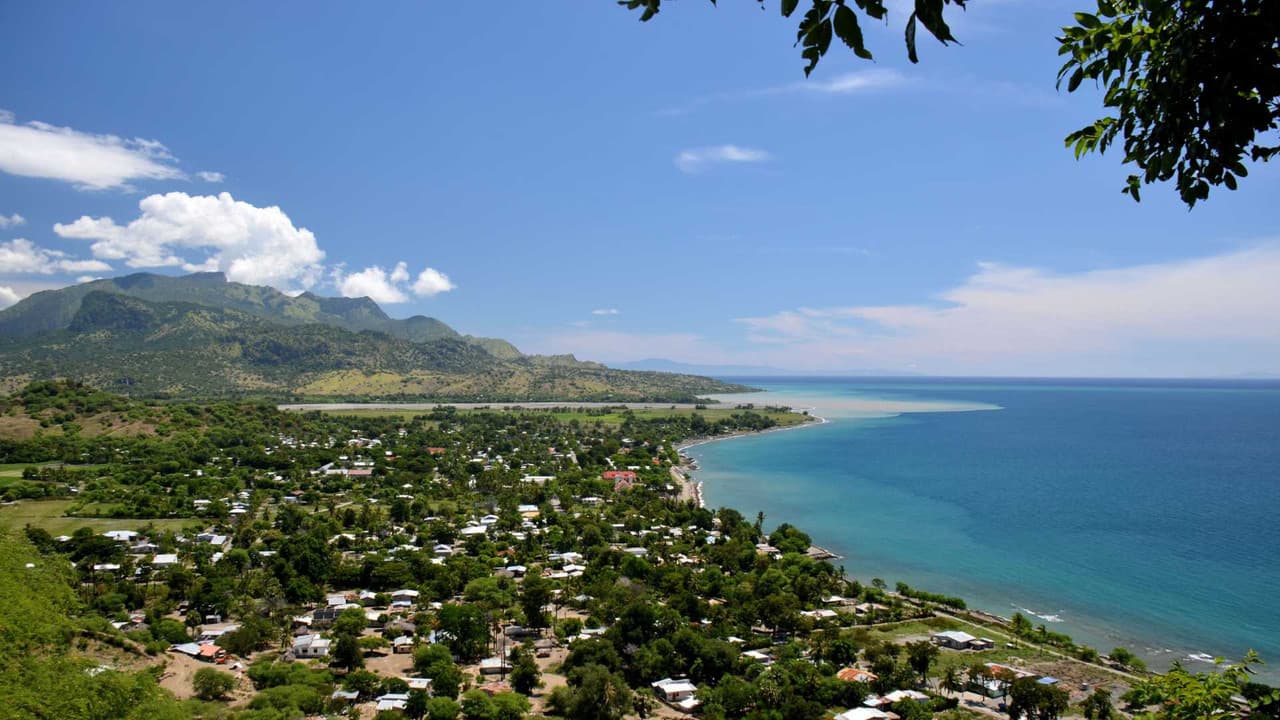Establishing a presence in Timor-Leste requires a thorough understanding of the local compensation landscape. Navigating salary expectations, minimum wage requirements, and common benefits is crucial for attracting and retaining talent while ensuring compliance with national labor laws. Employers need to consider various factors, including industry standards, employee roles, and the overall economic climate, to build a competitive and compliant compensation strategy.
Understanding the nuances of payroll cycles, payment methods, and typical allowances is also essential for smooth operations. A well-structured compensation plan not only meets legal obligations but also contributes significantly to employee satisfaction and workforce stability in Timor-Leste.
Market Competitive Salaries
Determining competitive salaries in Timor-Leste involves considering various factors such as industry, company size, employee experience, and specific job responsibilities. While precise, universally applicable salary ranges can vary significantly, certain sectors typically offer higher compensation due to skill demand or industry profitability. These often include roles in the oil and gas sector, international development, telecommunications, and certain professional services. Entry-level positions generally command lower salaries compared to specialized or managerial roles.
Here is an illustrative overview of potential salary ranges, acknowledging that actual figures depend heavily on specific circumstances and market dynamics:
| Role Category | Typical Monthly Gross Salary Range (USD) |
|---|---|
| Entry-Level Admin | 250 - 400 |
| Skilled Technician | 400 - 700 |
| Mid-Level Professional | 700 - 1,500 |
| Senior Management | 1,500 - 3,000+ |
These figures are indicative and should be validated against current market data for specific roles and industries when developing a compensation plan.
Minimum Wage Requirements
Timor-Leste has a statutory national minimum wage that all employers must adhere to. This minimum wage is established by government decree and is subject to review and potential adjustment. As of the current regulations, the national minimum wage is set at USD 115 per month. This applies to all employees, regardless of their industry or role, ensuring a basic standard of living. Employers are legally required to pay at least this amount to their employees for a standard working month. Compliance with the minimum wage is strictly enforced, and failure to meet this requirement can result in penalties.
Common Bonuses and Allowances
Beyond the basic salary, employees in Timor-Leste may receive various bonuses and allowances as part of their total compensation package. These can be mandated by law, common practice within specific industries, or offered at the employer's discretion.
Common types of additional compensation include:
- 13th Month Pay: While not strictly mandated by law for all employees, it is a widely practiced custom, particularly in the public sector and often adopted by private companies. It typically involves paying an extra month's salary at the end of the year.
- Overtime Pay: Compensation for hours worked beyond the standard working week is legally required and calculated at a premium rate, often 150% of the regular hourly wage for standard overtime and higher rates for work on holidays or rest days.
- Transport Allowance: Some employers provide an allowance to cover employees' daily commuting costs, especially if public transport is limited or unreliable in certain areas.
- Meal Allowance: Similar to transport, some companies offer an allowance or provide meals to employees, particularly for those working long hours or shifts.
- Performance Bonuses: Discretionary bonuses tied to individual or company performance are common incentives used to motivate employees and reward achievement.
The specific allowances and bonuses offered can vary significantly between companies and sectors.
Payroll Cycle and Payment Methods
The standard payroll cycle in Timor-Leste is monthly. Employees are typically paid their salary once per month, usually towards the end of the month or the beginning of the following month.
Payment methods commonly used include:
- Bank Transfer: Direct deposit into the employee's bank account is the most common and preferred method, offering security and efficiency.
- Cash: While less common for larger or more formal businesses, cash payments may still occur, particularly in smaller enterprises or for daily wage workers. However, bank transfers are encouraged for transparency and record-keeping.
Employers are required to provide employees with a payslip detailing their gross salary, deductions (such as taxes and social security contributions), allowances, bonuses, and net pay.
Salary Trends and Forecasts
Salary trends in Timor-Leste are influenced by several factors, including economic growth, inflation rates, foreign investment levels, and the supply and demand for skilled labor. As the economy develops and integrates further globally, there is a gradual trend towards increasing salary expectations, particularly in sectors experiencing growth or requiring specialized skills.
Forecasts for 2025 suggest a continued focus on developing key sectors, which may lead to increased demand for qualified professionals and potentially upward pressure on wages in those areas. However, overall salary growth is also tied to the country's broader economic stability and investment climate. Employers should monitor economic indicators and labor market dynamics to stay competitive and anticipate potential changes in compensation expectations. Factors like infrastructure development, education levels, and government policies will also play a role in shaping the future salary landscape.
Employ top talent in Timor-Leste through our Employer of Record service
Book a call with our EOR experts to learn more about how we can help you in Timor-Leste







Book a call with our EOR experts to learn more about how we can help you in Timor-Leste.
Trusted by more than 1000 companies around the globe



